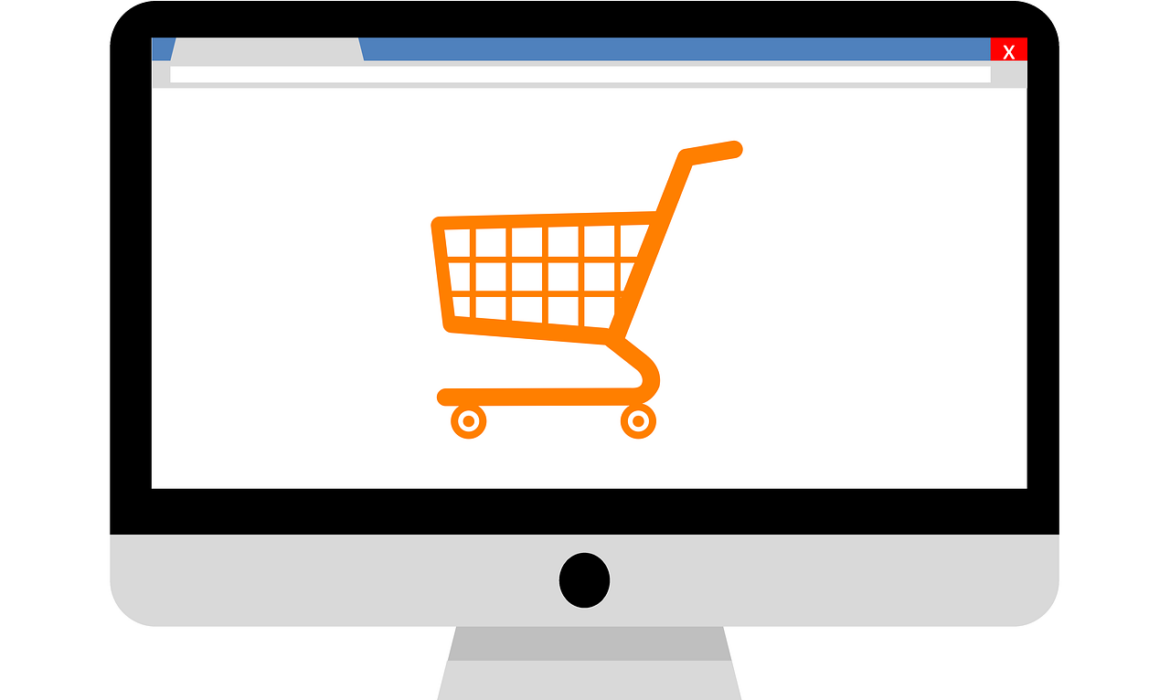
The counterfeit product industry is estimated to be worth north of $700 billion USD. A UN report noted that counterfeiting was becoming as important to Asian Criminal gangs as drug trafficking.
A paper from the Journal of Consumer Behavior explored the question of what makes counterfeits attractive to some consumers and abhorrent to others. This is an important questions to answer as brands develop countermeasures to appeal to consumers’ underlying attitudes about counterfeiting.
The study was conducted in Morroco and involved 400 consumers whose demographic mix generally represented the general population of Morroco. The study analyzed three common counterfeited product groups: cosmetics, clothing and accessories, and mobile phones. Each participant completed a survey about why they decided to purchase or not purchase counterfeit goods, which the authors weighed against their socioeconomic characteristics.
Most participants said they were able to distinguish the fake from the genuine products before making their purchase. The reasons participants purchased counterfeit brands varied across the above-mentioned categories. the studies revealed that shoppers preferred authentic brands when purchasing cosmetics or mobile phones, but were less picky when it came to clothing labels.
Gender attitudes to buying counterfeits were quite different. The study found that women were 28 percent less likely purchased counterfeit brands and 37 percent less likely to buy fake clothing labels. They reported feeling much more embarrassed than men by owning rip-offs. Similarly, consumers with higher income and education levels were significantly less willing to buy fake products—by 18 percent and 21 percent, respectively.
Unsurprisingly, the lower price of fake goods made them attractive to consumers, but perceptions of quality were also crucial: If a counterfeit product seemed relatively well made, consumers were about 65 percent more disposed to dip into their wallets. But consumers who reported being slightly more mindful of design were 16 percent less inclined, on average, to buy counterfeit apparel.
Given these factors, marketers should emphasize their products’ distinctiveness, originality, and reliability, the authors suggest and explicitly warn consumers about the pitfalls of buying fake products that do not have the same high quality.
About brandsec
Brandsec is a corporate domain name management and brand protection company that look after many of Australia, New Zealand and Asia’s top publicly listed brands. We provide monitoring and enforcement services, DNS, SSL Management, domain name brokerage and dispute management and brand security consultation services.
Contact us today for a free consultation.
